Vestibo Tablet 8 Mg
Vestibo Tablet 8 Mg, a medication readily available for purchase, harbors the active ingredient Betahistine Dihydrochloride. This pharmaceutical agent is a pivotal player in the realm of managing a specific inner ear disorder known as Ménière’s disease. In this comprehensive guide, we delve into the nuances of Vestibo Tablet 8 Mg, exploring its composition, applications, optimal dosage, potential side effects, and necessary precautions.
| Dosage form | |
|---|---|
| Pack size | |
| Potency | 8 Mg |
| Manufacturer | |
| Origin | |
| Generic Name (Ingredient) | Betahistine Dihydrochloride 8 Mg |
Assuming your emergency circumstances for this product, visit Urgent Quotation page. Besides, for any pharmaceutical questions, please ask us in the comments section.
Description
Active Ingredient: Betahistine Dihydrochloride
Betahistine Dihydrochloride, the cornerstone of Vestibo Tablet 8 Mg, belongs to the category of histamine analogues. It mimics histamine, a natural chemical found in the body, with remarkable precision. The mechanism of action of this active ingredient is rooted in its ability to enhance blood flow within the inner ear. This physiological enhancement serves to alleviate the accumulation of pressure, a key facet of its therapeutic impact.
Applications
Vestibo Tablet 8 Mg, equipped with Betahistine Dihydrochloride, finds its therapeutic niche in addressing the distressing symptoms of Ménière’s disease. These symptoms include:
- Vertigo (Dizziness): Vestibo Tablet 8 Mg offers respite from the unsettling sensation of vertigo, a hallmark of Ménière’s disease.
- Tinnitus (Ringing in the Ears): The persistent ringing in the ears, a source of considerable discomfort, encounters amelioration through the use of Vestibo Tablet 8 Mg.
- Hearing Loss: Vestibo Tablet 8 Mg aims to arrest and potentially reverse hearing loss, a prominent consequence of Ménière’s disease.
Dosage
The administration of Vestibo Tablet 8 Mg hinges on the nature of symptoms and their severity. The recommended initial dosage for managing vertigo, tinnitus, hearing loss, and associated nausea in the context of Ménière’s disease is 8-16 mg, taken three times a day.
This initial phase serves as the therapeutic launchpad. Subsequently, a maintenance dose in the range of 24-48 mg daily, divided into smaller doses, becomes the standard. The division of the maintenance dose into smaller increments ensures a consistent and sustained therapeutic effect.
Side Effects
As with any medication, Vestibo Tablet 8 Mg is not exempt from the potential of side effects. It is imperative to recognize that the manifestation of side effects can vary among individuals, and they often ameliorate as the body adapts to the medication.
However, vigilance and communication with a healthcare provider are essential. Should any side effects emerge that are not included in the accompanying leaflet, the consultation with a healthcare professional or pharmacist is a prudent step.
Vestibo Tablet Precautions
Vestibo Tablet 8 Mg, housing Betahistine Dihydrochloride, warrants cautious consideration in specific circumstances. The following precautions are paramount:
| Precautionary Measure | Rationale |
|---|---|
| Allergic Reactions | Known allergies to Betahistine Dihydrochloride or its constituents warrant absolute contraindication. |
| Phaeochromocytoma | The presence of a rare adrenal gland tumor, phaeochromocytoma, mandates avoidance of Vestibo Tablet 8 Mg. |
| Stomach or Duodenal Ulcers / Asthma | Prior history of stomach or duodenal ulcers or asthma necessitates a prescriptive dialogue with a healthcare provider. |
| Pregnancy and Breastfeeding | Pregnancy, planning a pregnancy, or breastfeeding necessitates a thoughtful consultation with a healthcare provider. |
Conclusion
In conclusion, Vestibo Tablet 8 Mg, enriched with Betahistine Dihydrochloride, emerges as a therapeutic solution for the intricate challenges presented by Ménière’s disease. It offers respite from the tormenting triumvirate of vertigo, tinnitus, and hearing loss by enhancing blood flow within the inner ear. While the safety and efficacy of this medication are well-established, it is crucial to heed the individuality of potential side effects and the necessity for precautions in specific medical scenarios.
As this article draws to a close, it is important to acknowledge that medical knowledge is an evolving landscape. Therefore, the guidance of a healthcare professional remains the compass for personalized and accurate information. Vestibo Tablet 8 Mg represents an ally in the management of Ménière’s disease, highlighting the importance of professional oversight in the journey towards improved well-being.
Use the form below to report an error
Please answer the questions as thoroughly and accurately as possible. Your answers will help us better understand what kind of mistakes happen, why and where they happen, and in the end the purpose is to build a better archive to guide researchers and professionals around the world.
The information on this page is not intended to be a substitute for professional medical advice, diagnosis, or treatment. always seek the advice for your physician or another qualified health provider with any questions you may have regarding a medical condition. Always remember to
- Ask your own doctor for medical advice.
- Names, brands, and dosage may differ between countries.
- When not feeling well, or experiencing side effects always contact your own doctor.
Cyberchondria
The truth is that when we’re sick, or worried about getting sick, the internet won’t help.
According to Wikipedia, cyberchondria is a mental disorder consisting in the desire to independently make a diagnosis based on the symptoms of diseases described on Internet sites.
Why you can't look for symptoms on the Internet
If diagnoses could be made simply from a textbook or an article on a website, we would all be doctors and treat ourselves. Nothing can replace the experience and knowledge of specially trained people. As in any field, in medicine there are unscrupulous specialists, differences of opinion, inaccurate diagnoses and incorrect test results.

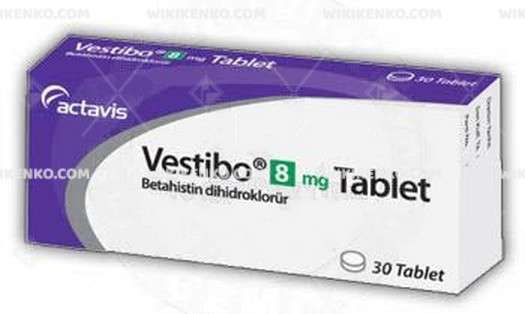
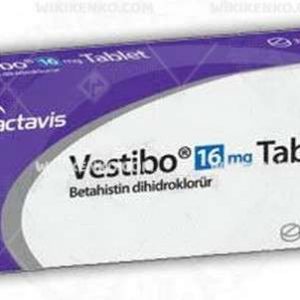
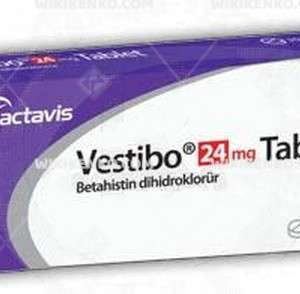

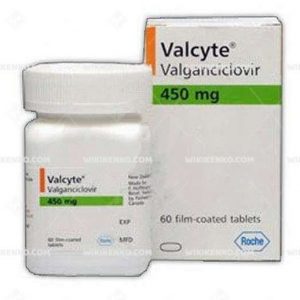
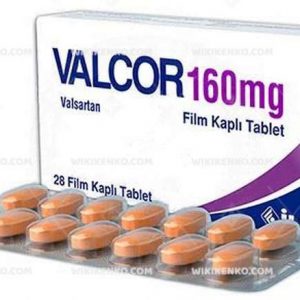
Reviews
There are no reviews yet.